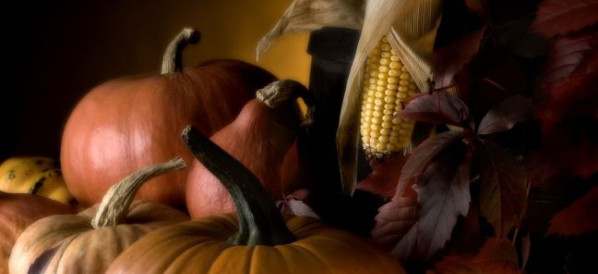 2 Terms
2 TermsHome > Terms > Kazakh (KK) > экспрессионизм
экспрессионизм
Specifically, and with a capital letter, the term is associated with modern German art, particularly the Brücke and Blaue Reiter groups, but in this narrow sense is best referred to as German Expressionism. Expressionism as a general term refers to art in which the image of reality is more or less heavily distorted in form and colour in order to make it expressive of the artists inner feelings or ideas about it. In expressionist art colour in particular can be highly intense and non-naturalistic, brushwork is typically free and paint application tends to be generous and highly textured. Expressionist art tends to be emotional and sometimes mystical. It can be seen as an extension of Romanticism. In its modern form it may be said to start with Van Gogh and then form a major stream of modern art embracing, among many others, Munch, Fauvism and Matisse, Rouault, the Brücke and Blaue Reiter groups, Schiele, Kokoschka, Klee, Beckmann, most of Picasso, Moore, Sutherland, Bacon, Giacometti, Dubuffet, Baselitz, Kiefer, and the New Expressionism of the 1980s. It went abstract with Abstract Expressionism.
- Vārdšķira: noun
- Sinonīms(-i):
- Blossary:
- Nozare/domēns: Art history
- Category: General art history
- Company: Tate
- Produkts:
- Akronīmi un saīsinājumi:
Citas valodas:
Ko vēlaties pateikt?
Terms in the News
Featured Terms
Līdzstrādnieks
Featured blossaries
dnatalia
0
Terms
60
Glosāriji
2
Followers
Places to Visit in Indonesia
 42 Terms
42 Terms
Browers Terms By Category
- Rice science(2869)
- Genetic engineering(2618)
- General agriculture(2596)
- Agricultural programs & laws(1482)
- Animal feed(538)
- Dairy science(179)
Agriculture(10727) Terms
- Air conditioners(327)
- Water heaters(114)
- Washing machines & dryers(69)
- Vacuum cleaners(64)
- Coffee makers(41)
- Cooking appliances(5)
Household appliances(624) Terms
- Inorganic pigments(45)
- Inorganic salts(2)
- Phosphates(1)
- Oxides(1)
- Inorganic acids(1)
Inorganic chemicals(50) Terms
- SAT vocabulary(5103)
- Colleges & universities(425)
- Teaching(386)
- General education(351)
- Higher education(285)
- Knowledge(126)
Education(6837) Terms
- General law(5868)
- Courts(823)
- Patent & trademark(449)
- DNA forensics(434)
- Family law(220)
- Legal aid (criminal)(82)




